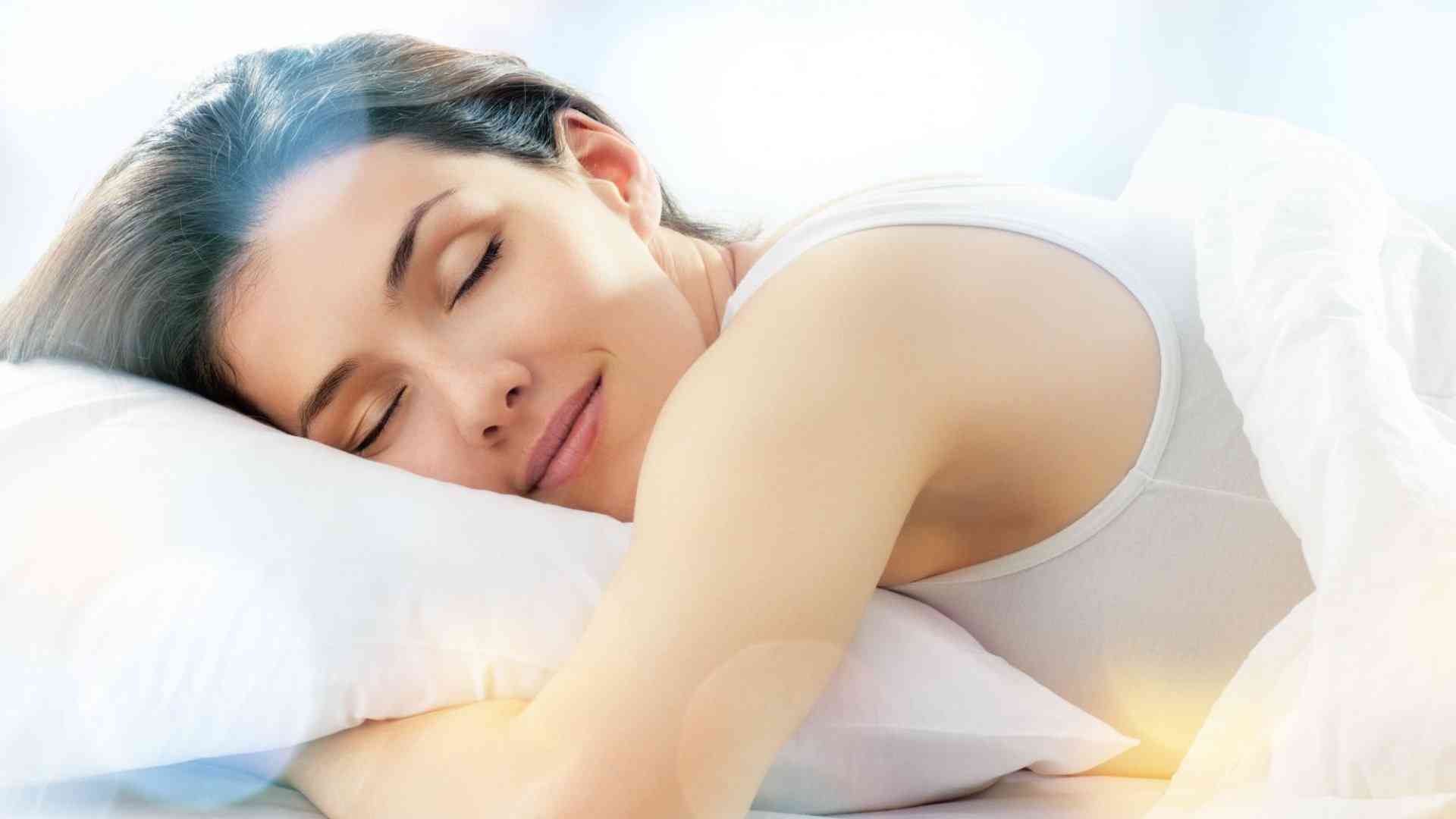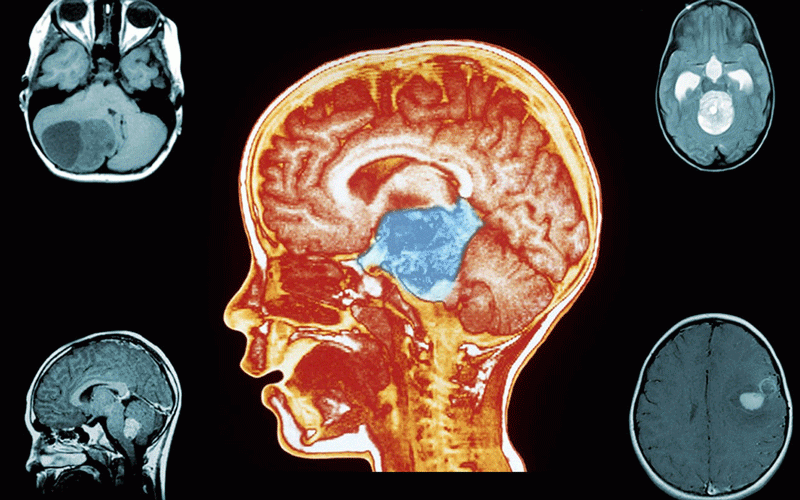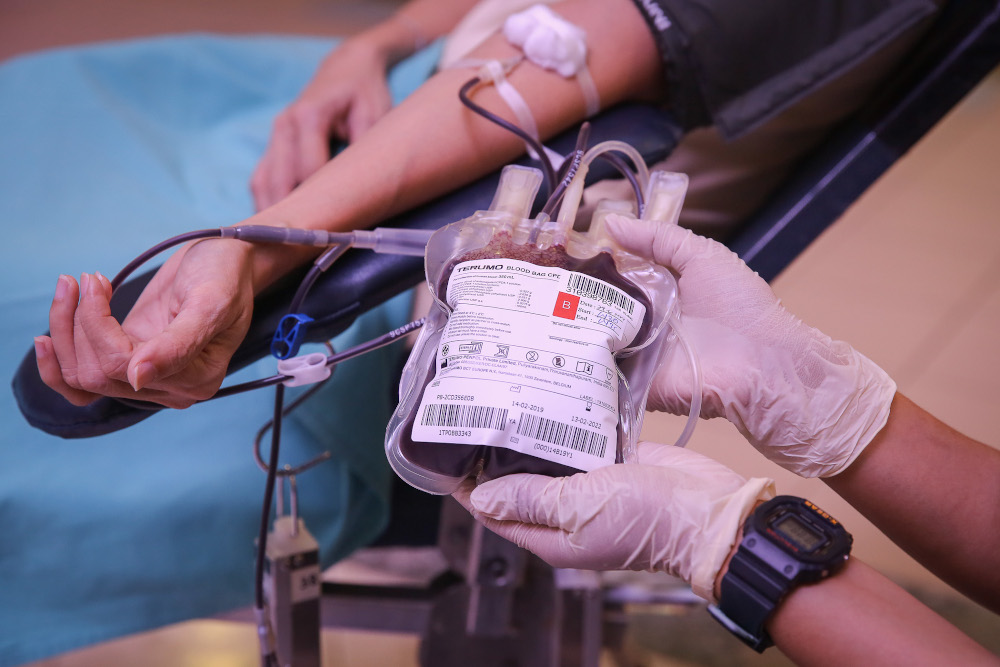
Rest and relaxation are an important part of living a healthy lifestyle.
Resting revitalises your mind and body, positively affects your mood and helps the brain’s learning and memory functions.
With the stresses of a harsh economic environment weighing on many people, it is more important than ever to adopt daily routines that promote physical, mental and emotional well-being.
Rest is vital for mental health, improved concentration and memory, a healthier immune system, stress reduction, a positive mood and improvedmetabolism. Insufficient rest can negatively affect your mood, immune system, memory and stress level.
Importance of rest
Many people are so busy with work, family responsibilities and other ongoing demanding and stressful issues that they do not allow themselves sufficient time to rest.Often we only allow ourselves time to rest when we are on holiday. However, it is important that weensure that we have adequate rest and quality sleep in our everyday life.
Rest and sleep are different but equally important for our mental, emotional and physical health. Sufficient rest can also improve the quality of your sleep.
Resting, though generally referring to a break from work or other intense activities, does not necessarily mean doing nothing. If you do nothing, you are likely to fall asleep. You can rest while reading a book, watching a movie or engaging in some other relaxing activity. Even a 10 minute break or sitting down and breathing deeply for a short while can be beneficial.
- Kennedy disease can affect the ability to walk, speak, swallow
- Rest, good sleep contribute to better health, happiness
- Snakebites: Seek urgent medical attention if bitten
Keep Reading
Going for a relaxing walk or swim, while involving some activity, can be considered what is known as active rest. The key thing is to abstain from stressful or intense activity and to rest or relax for a while so that you can, as it were, recharge your batteries.
Regardless of how you choose to rest, regular daily periods of rest and relaxation can help you recover from intense and perhaps draining activity and give a boost to subsequent activity, whether physical or mental.This is why periods of rest are linked to better physical and mental health.
Sleep, in contrast, is a body-mind state in which you experience sensory detachment from your surroundings.
Sleep is an essential function of the body. It has an impact on every system within your body from your cognitive function to immune health.
Quality sleep can help yourecover and recharge your energy level. It is vital for brain function, memory, concentration, immune health and metabolism.
Unlike rest, sleep is something your body cannot function without. In fact, if you are sleep deprived, your body will force you to sleep, no matter what you are in the middle of doing.
The amount of rest required depends on your individual needs. If you do not sleep well and then feel angry or stressed, you may require more frequent breaks than you would if you were having adequate good quality sleep and coping well with stressful situations.
Adequate rest helps your body activate its inner healing mechanisms. It gives your body the chance to recover from physical and mental stress.
The human body is built to thrive in a series of short sprints. This is why taking a break, even if only for a few minutes, can be refreshing and help you persevere through your day.
Breaks are brief cessations from work, physical exertion or emotional stress.
They promote mental health, boost creativity, increase productivity, promote well-being, reduce stress, improve your mood and strengthen relationships.
Stress is an intrinsic aspect of life. For some it may act as a stimulant but for others it feels more like a burden. Chronic stress suppresses your immune system and increases your risk of disease. When you experience stress, this tends to result in the ‘fight-or-flight’ physiological reaction to perceived danger, often resulting in an increased heart rate, raised blood pressure, slowed digestive functioning, increased hormone levels and other responses.
The fight-or-flight response is the body's means of survival when faced with danger. In the modern world, there are numerous stressful situations not necessarily linked to survival that can trigger this response.
Resting activates the parasympathetic nervous system. This is the opposite of the sympathetic nervous system, which is the fight-or-flight response.
Rest and relaxation tips
Long-term stress can cause chest pain, headaches, digestive issues, anxiety, depression, changes in sexual desire and inability to focus.
Rest and relaxation can help you cope with stress and anxiety, improve your mood, reduce high blood pressure, providechronic pain relief, improve immune health and strengthen your cardiovascular system.
It is important, therefore, to find small ways in which you can incorporate rest and relaxation into your daily routine.
There are many ways of relaxing. It could, for instance, be by listening to music, reading a book, taking a bath, going for a walk, meditating or practising yoga.
When planning your daily routine, find a consistent time to rest. For example, you could take a relaxing bath before bed, practise meditation each morning or go for a short walk during your lunch break at work.
Tips for getting better sleep
In addition to daily rest and relaxation, it is recommended that adults have seven to eight hours of sleep each night. The quality of your sleep is as important as the quantity.
Rapid eye movement (REM) sleep is the most restorative of the five sleep cycles. At least a quarter of the time you sleep should be spent in the REM cycle.
Ways to improve the quality of your sleep include avoiding caffeine in the afternoon and evening, sticking to a consistent sleep scheduleand avoiding napping during the day.
A relaxing bath or relaxing activity such as readingbefore going to bed can be beneficial too.Exercise is important as well but avoid working out late in the day.
- The information in this article is provided as a public service by the Cimas iGo Wellness programme, which is designed to promote good health. It is provided for general information only and should not be construed as medical advice. Readers should consult their doctor or clinic on any matter related to their health or the treatment of any health problem. — [email protected] or WhatsApp 0772 161 829 or phone 024-2773 0663









